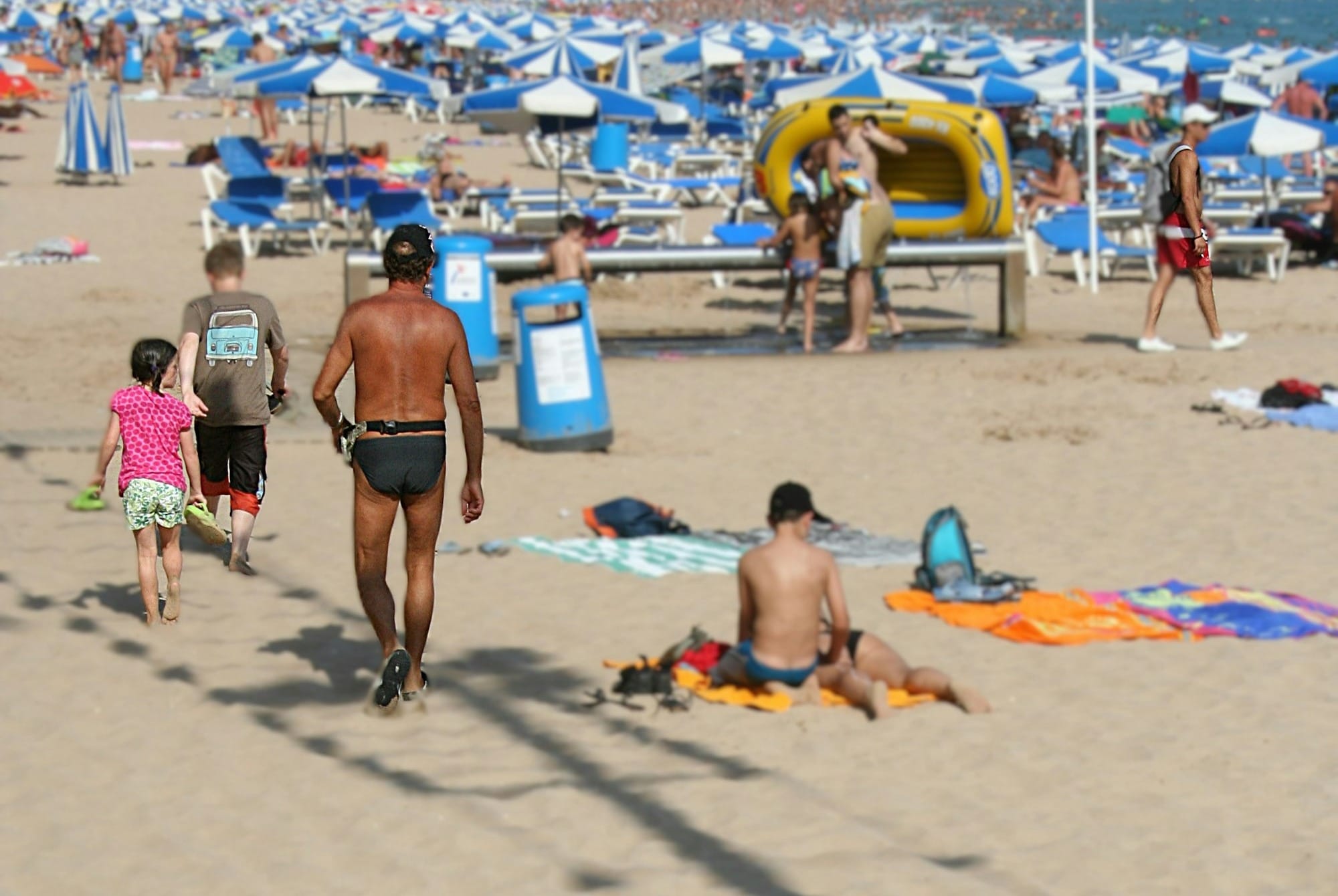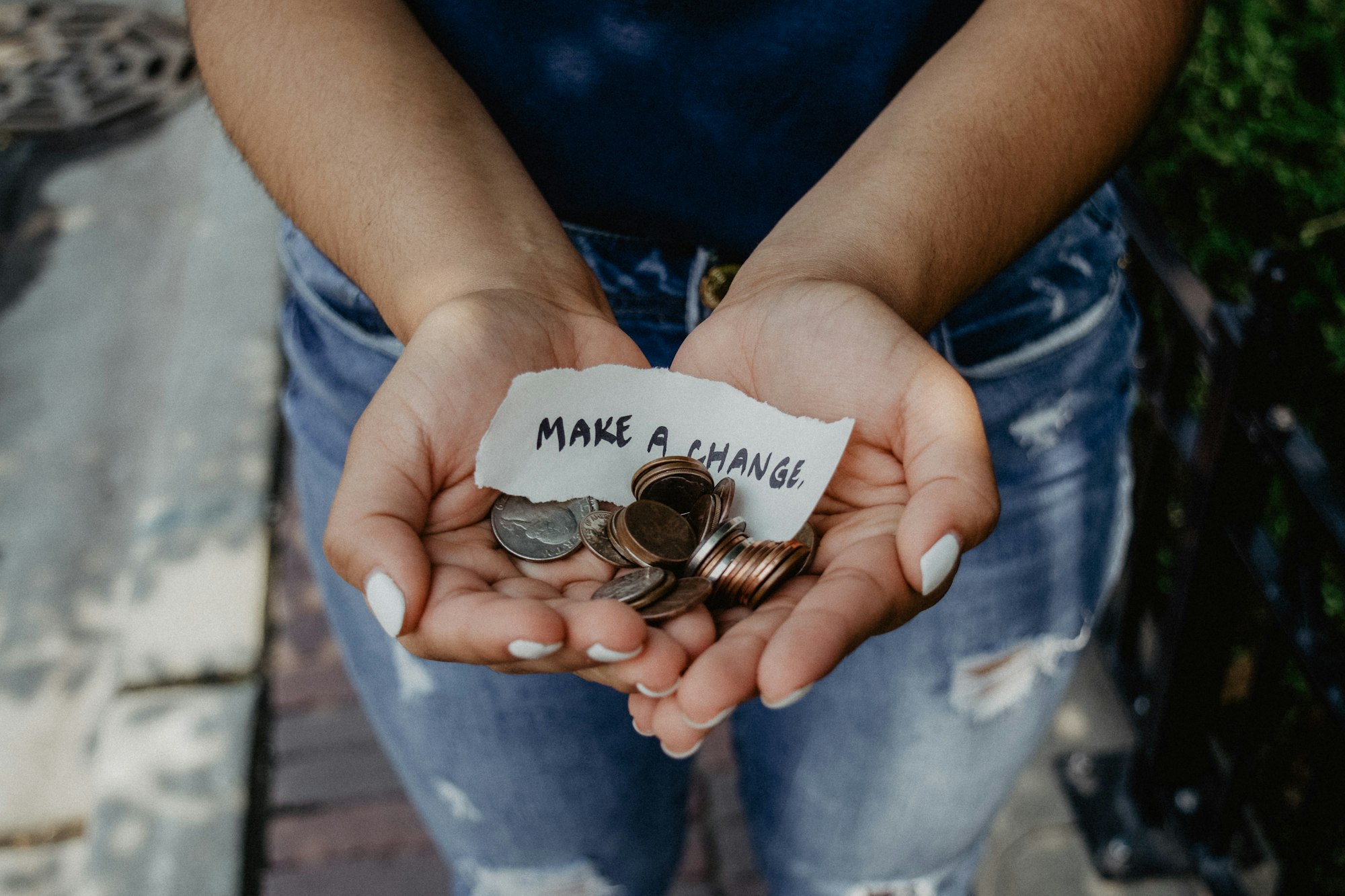Summer 2025 has brought sun, fun, and unfortunately, a surge in sophisticated scams targeting unsuspecting consumers. As we dive into vacation season, scammers are working overtime to exploit our desire for great deals and memorable experiences. This summer’s fraud landscape is more dangerous than ever, with criminals leveraging artificial intelligence and social media to create increasingly convincing schemes.
Travel Scams: Protecting Your Vacation Dreams from FraudstersIn an era where wanderlust meets digital convenience, travel scams have become increasingly sophisticated and prevalent. This article delves into three common types of travel scams: fake travel deals, timeshare scams, and travel prize scams. By understanding these fraudulent schemes, travelers can better protect themselves and ensure their vacation plans![]() ScamWatchHQScamWatchHQ
ScamWatchHQScamWatchHQ
The Numbers Don’t Lie: Summer Fraud is Surging
The statistics are sobering. According to a new report from the Mastercard Economic Institute, the travel industry is now one of the most targeted sectors for fraud, with scam activity spiking by 18% during peak summer travel and over 28% at winter destinations. Meanwhile, the fraud rate during the early stages of trip planning increased more than 12 percent in 2024 compared to the previous year.
The financial impact is substantial. Americans ages 50 and up say they planned to spend an average of more than $6,847 dollars on vacations in 2025, making them attractive targets for increasingly sophisticated criminal operations.
The New Generation of Summer Scams
1. AI-Powered Fake Travel Websites
In 2025, one of the most widespread scams involves AI-generated fake websites. These look exactly like legitimate booking platforms, complete with customer service chats, real-time updates, and realistic payment systems. They advertise unbelievable deals on flights, hotels, and guided tours.
These sophisticated sites are nearly indistinguishable from legitimate platforms. They feature:
- Professional design and branding- Fake customer reviews and testimonials- Working payment processing systems (that steal your financial information)- Convincing “limited time” offers to create urgency
Google’s teams have observed a spike in travel scams ahead of the summer vacation season, with fake travel websites luring users into booking travel with a promise of “too good to be true” prices, experiences or discounts.
Summer Travel Scams: Don’t Let Fraud Ruin Your VacationSummer is finally here, and with it comes the irresistible urge to pack your bags, hit the road, and soak up some sun. Whether you’re dreaming of a beachside retreat, a mountain adventure, or a bustling city escape, the excitement of planning your getaway is half the fun. But![]() ScamWatchHQScamWatchHQ
ScamWatchHQScamWatchHQ
2. Social Media Marketplace Fraud
Some scammers set up fake e-commerce stores and buy ads for the website on social media. Alternatively, scammers might list items for sale on online marketplaces, including social media platforms’ marketplaces. The scammers might take your money and never send anything in return.
This includes:
- Fake vacation rental listings on Facebook Marketplace- Counterfeit summer gear and equipment- Non-existent event tickets for concerts and festivals- Fraudulent ride-sharing and vacation transportation services
3. Vacation Rental Scams
Scammers frequently post fake listings, stolen photos, false descriptions, and too-good-to-be-true pricing, to lure in unsuspecting travelers. Social media platforms have become particularly fertile ground for these schemes.
Red flags include:
- Prices significantly below market rate- Requests for payment through untraceable methods- Pressure to book immediately without viewing- Stolen photos from legitimate listings
From Holiday Shopping to Tax Refunds: The Most Common Scams Rising with the Season and Calendar ChangeAs the year winds down, the shift in seasons and the approach of a new calendar year bring a unique set of opportunities for scammers. From holiday shopping deals to tax refund promises, scammers know how to exploit the seasonal changes in behavior, making the end of the year a
 ScamWatchHQScamWatchHQ
ScamWatchHQScamWatchHQ
Specific Summer 2025 Threats to Watch
Fake Charity Scams
Summer disasters and events often trigger charitable giving, which scammers exploit. They may create fake profiles designed to imitate real charities and aim to trick you into donating money that will never reach people in need. For example, one Reddit user flagged an Instagram account with over 800,000 followers that was sharing stolen videos of sick children.
Charity Scams: Protecting Your Generosity from FraudstersIn times of crisis or natural disasters, the outpouring of public generosity is often remarkable. However, this kindness can also attract unscrupulous individuals who seek to exploit people’s goodwill for personal gain. Charity scams have become increasingly sophisticated, making it crucial for donors to be vigilant and informed. This article![]() ScamWatchHQScamWatchHQ
ScamWatchHQScamWatchHQ
Event Ticket Fraud
Like many people this summer, criminals have plans — but theirs include selling phony tickets to these events. Criminals will set up fake websites and post ads on social media to sell worthless tickets to popular summer concerts, festivals, and sporting events.
Charity Donation Scams: Unmasking Fake Crowdfunding Campaigns and Holiday FraudIn an era where digital platforms enable global generosity, charity donation scams have surged, exploiting empathy and urgency to defraud well-intentioned donors. Two pervasive schemes—fake crowdfunding campaigns and holiday donation scams—divert millions from legitimate causes annually, eroding trust and inflicting financial and emotional harm. This article dissects these![]() ScamWatchHQScamWatchHQ
ScamWatchHQScamWatchHQ
Romance Investment Scams
For those aged 60 and older, the number of complaints was nearly 17,000 with losses of $1.6 billion. Scammers use dating apps, messaging apps, social media, and other communications to build trust and share their “expertise” on investments, promising large returns with little risk.
These scams often intensify during summer months when people have more free time for online dating and social interaction.
Top Scams to Watch Out for as 2024 Comes to a Close: How to Protect Yourself During the Holiday SeasonAs the year draws to a close and we enter the holiday season, the excitement of festive celebrations, shopping deals, and charitable giving is at its peak. Unfortunately, this time of year also brings a spike in scams designed to exploit the goodwill, financial activities, and emotional vulnerabilities of people![]() ScamWatchHQScamWatchHQ
ScamWatchHQScamWatchHQ
How to Protect Yourself This Summer
Travel Booking Safety
- Book directly through official airline and hotel websites- Verify deals by calling the establishment directly- Use credit cards instead of debit cards for online purchases- Research companies thoroughly before booking- Watch out for unusually low prices and summer rates that are “too good to be true”
Social Media Vigilance
- Be skeptical of ads for amazing deals- Verify sellers through multiple channels- Never send money to strangers- Report suspicious accounts and listings- Check for verified badges on business accounts
Fake Charity and Disaster Relief Scams: How Scammers Exploit TragediesIntroduction Natural disasters bring devastation to communities, prompting an outpouring of generosity from individuals looking to help victims rebuild their lives. Unfortunately, scammers exploit these moments of crisis by setting up fake charities and fraudulent fundraising campaigns. In recent months, wildfires in Los Angeles, California, and a hurricane in Asheville,
 ScamWatchHQScamWatchHQ
ScamWatchHQScamWatchHQ
General Fraud Prevention
- Don’t click links in unsolicited emails or texts- Verify charity legitimacy through sites like Charity Navigator- Use secure payment methods with fraud protection- Keep personal information private on social platforms- Trust your instincts—if something feels wrong, it probably is
Red Flags That Should Stop You in Your Tracks
Scammers flood the internet with fake booking sites, phony emails, and bogus deal links to take advantage of the unsuspecting. Watch for:
- Deals that are dramatically below market rates- Pressure to act immediately- Requests for payment via gift cards, wire transfers, or cryptocurrency- Poor website design or numerous spelling errors- No physical address or contact information- Unwillingness to talk on the phone
What to Do If You’ve Been Scammed
If you suspect you’ve fallen victim to a summer scam:
- Contact your bank or credit card company immediately2. File a report with local law enforcement3. Report the scam to the Federal Trade Commission (FTC)4. Document all communications and transactions5. Monitor your credit reports and financial accounts closely
Looking Ahead: The Evolution of Summer Scams
While you’ve been perfecting your defense against classic cons like the bracelet trick, the “broken” taxi meter, and the spilled drink, scammers have been busy upgrading their entire operating system.
The criminals behind summer scams are becoming increasingly sophisticated, using artificial intelligence, deepfake technology, and advanced social engineering techniques. What worked to protect you last summer may not be enough this year.
The Bottom Line
Summer should be a time of relaxation and joy, not financial devastation from scams. Criminals do not take a vacation. While you are having fun during yours, watch out for these summer scams.
The key to staying safe is maintaining healthy skepticism while still enjoying your summer activities. Remember that legitimate businesses want to earn your trust through transparency and excellent service, not high-pressure tactics and too-good-to-be-true deals.
This summer, let your motto be: verify first, enjoy second. Your wallet—and your peace of mind—will thank you.
Stay vigilant, stay informed, and have a scam-free summer 2025!






